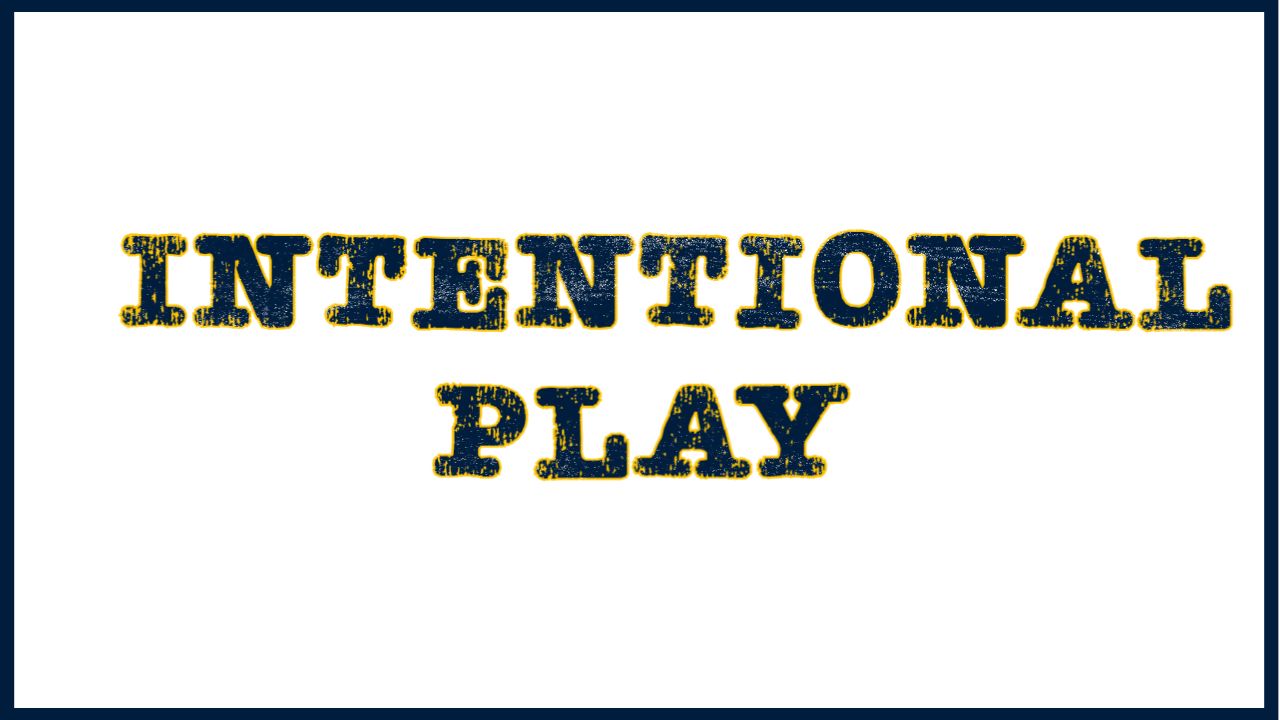
Intentional Play
Play is often misconstrued as a frivolous pastime or exclusively the dominion of children. Yet, the capacity for play is not just a youthful luxury but a profound tool for connection and communication, open to us at all ages. In a professional setting, intentional play nurtures our communication skills and fosters meaningful relationships.
At its core, play is a form of communication - a non-verbal dialogue, an exchange of ideas and emotions, a way of interacting with the world and the people around us. As we grow older, we often push play to the sidelines, replaced by "more serious" endeavors. In doing so, we may unwittingly sever a valuable tool for honing our communication skills and building deep connections.
Intentionality in play is about actively engaging in playful activities, not as a form of escapism but as a deliberate, conscious act. It's about choosing to incorporate play into our daily lives, knowing its potential for personal growth and social connection. This concept extends beyond personal development and can transform our professional lives too.
In the professional sphere, active play compels us to communicate in ways we don't usually utilize in our routine lives. It encourages spontaneous, non-scripted communication, demands quick thinking, adaptability, and clear expression of thoughts. Over time, these skills permeate our everyday interactions, making us more effective communicators. Play also unites people from different walks of life, fostering camaraderie and mutual understanding, a critical aspect of team dynamics.
Balancing professional responsibilities with the need for play might seem daunting, but it's entirely possible with some creativity. Here are few playful ideas.
- Take micro-breaks for play, using these breaks to engage in a quick game, solve a puzzle, or enjoy any playful activity that stimulates your mind.
- Introduce an element of play into your team meetings. This could be a quick ice breaker game, a creative brainstorming session, or a playful challenge related to the agenda.
- Gamify your work tasks. Setting up a personal reward system for completing tasks or reaching certain milestones can make work more engaging and enjoyable.
- Consider having "walking meetings". This playful twist on the traditional sit-down meeting encourages free thinking and injects a playful spirit into professional interactions.
- Personalize your workspace with elements that bring you joy and inspire playfulness. This might include toys, puzzles, art supplies, or anything else that inspires a sense of play.
- Embrace playful learning. This could involve experimenting with new technologies, engaging in team-building activities, or attending workshops and courses that utilize a hands-on, playful approach.
- Encourage social play with colleagues, such as team sports, board game nights, or group outings.
- Incorporate mindfulness techniques into your day, cultivating a mindset that is more open to playful engagement.
- Introduce play into your exercise regime. This could be a sport, dance, or any other physical activity that you find enjoyable and engaging.
Intentionality in play opens up a world of opportunities for growth. It provides a safe space for us to challenge our communication skills, broaden our understanding of others, and foster deeper connections. By embracing play and integrating it into our lives - both personal and professional - we can enrich our interactions and relationships.
The magic of play isn't just for kids; it's a universal language. So, let's reclaim the power of play. Let's intertwine it with our tasks and responsibilities, making space for laughter, creativity, and connection in our everyday lives. Because, as we intentionally weave the threads of play into our professional fabric, we don't just become better communicators or collaborators - we become better humans, resonating with the fundamental joys of shared experiences and profound connections.
Sign up to receive my weekly email with updates, fresh takes, advice, & tips on building better fundraising data.
